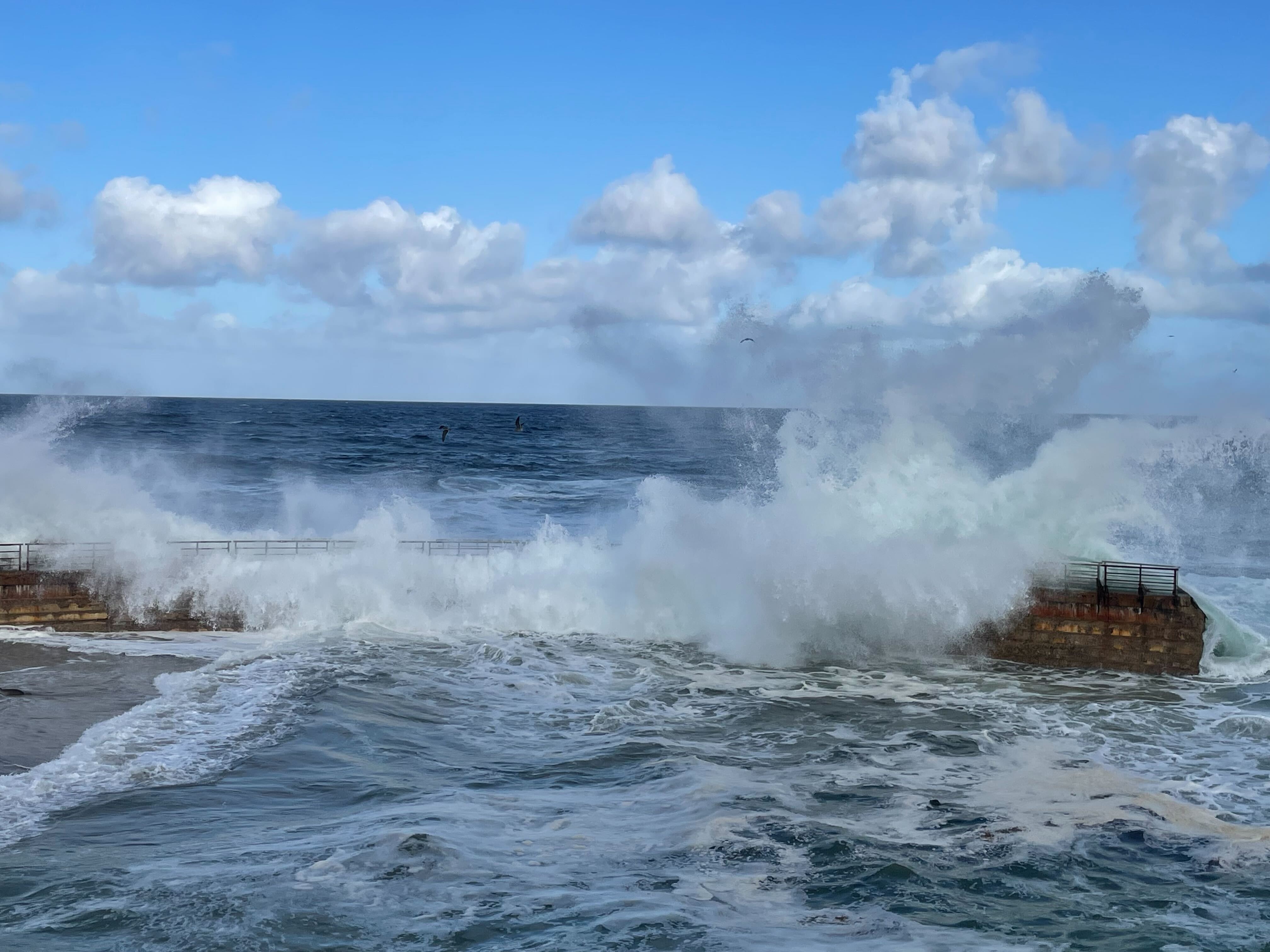Officials have spent nearly two years looking through archives, reports and even graves, searching for the remains of one soldier, a Medal of Honor recipient that was never properly buried.
Nearly a century after his death, Sgt. Charles Schroeter, a Civil War-era soldier, will finally receive a proper military burial.
Schroeter will be buried in July at Miramar National Cemetery, in a ceremony complete with full military honors and a mounted Army detachment from Fort Irwin.
“We wanted to honor him with all the proper military ceremonies he was due at Miramar,” said Bill Heard, a public information officer for the Miramar National Cemetery Support Foundation.
It was almost a century ago when Schroeter was cremated and placed in an unmarked grave with other soldiers at Greenwood Cemetery in San Diego, according to research done by Heard and others.
Schroeter received the medal, the United States' highest military honor, for his valor in battle against the Apaches in an 1869 Arizona fight, the Campaign of the Rocky Mesa.
As to how his cremated remains ended up where they did, however, “that is a mystery,” Heard said.
Local
Ten years ago, the Congressional Medal of Honor Foundation set about locating all the graves of Medal of Honor recipients. They found almost 500 graves, but not Schroeter’s remains, Heard said.
Those involved in the search, including those at the Miramar National Cemetery Support Foundation, the San Diego History Center and the Congressional Medal of Honor Foundation, spent nearly two years trying to decode the mystery.
It was Heard’s job to do the research to connect the Medal of Honor recipient to the man buried in the unmarked grave. He spent two months of a nearly two year process researching the details of Schroeter’s life. In late April, he finally traced Schroeter’s past to Greenwood Cemetery, where Heard found the soldier's remains.
“We were a little shocked that the remains of a Medal of Honor recipient were in an unmarked crypt with a dozen or more containers of remains of other unclaimed persons,” he said.
A native of Germany, Schroeter immigrated to the U.S. and first enlisted in St. Louis, Missouri, at age 25.
He spent 25 years serving his adopted homeland, where he fought with the U.S. Cavalry’s 1st Division during the Civil War and, once that war ended, with the 8th Cavalry Regiment fighting in the Indian Wars.
Schroeter re-enlisted in the armed forces multiple times throughout his life, including in the Grand Army of the Republic and the Marine Corps, before his retirement as a sergeant.
He never married or had children but did live in San Diego, Heard said. When he died, Schroeter left behind $200 in life insurance. In those days, it was enough for a proper burial. That money was never used for a burial, Heard said.
Until April 21, his remains were stored at the Greenwood Cemetery in an unmarked grave. Though it is unclear when he was born, Heard said it was likely from 1834 to 1837.
Schroeter, the first Medal of Honor recipient to be buried at Miramar National Cemetery, will be laid to rest on July 9, just days after his birthday on the fourth of July.



